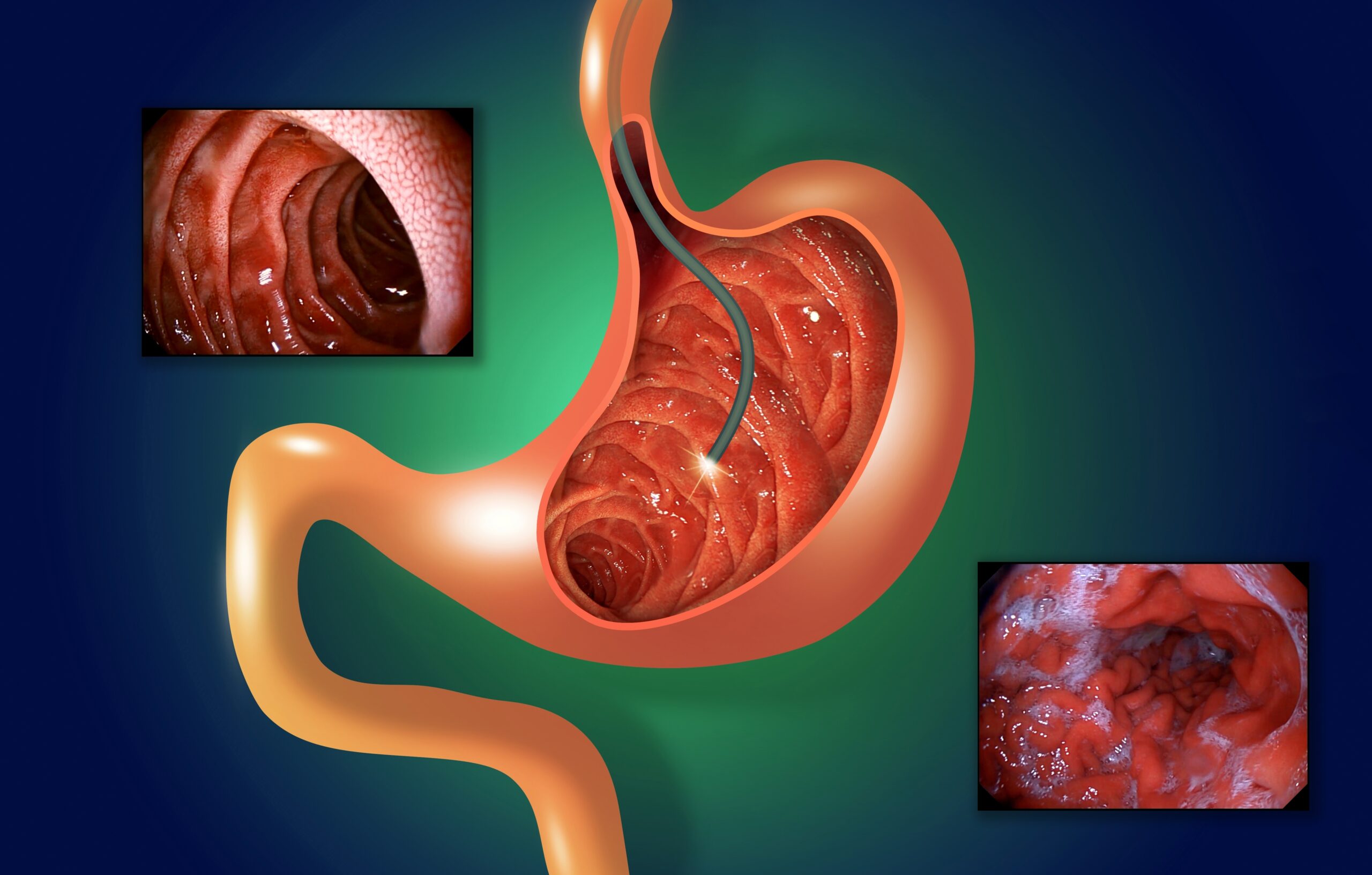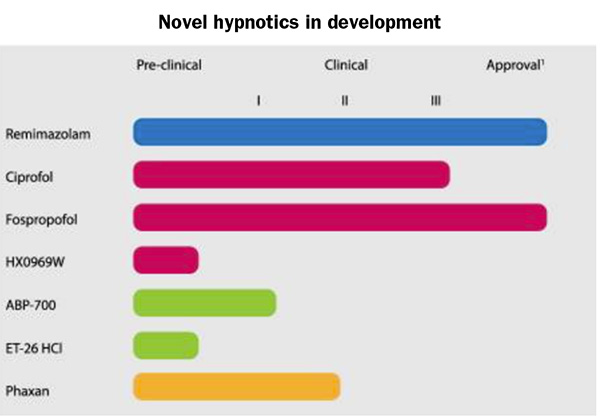Propofol study shows how consciousness research could improve anesthesia safety

Editor's Note Propofol research published in the journal Neuron has broader implications for enabling more precise, safer doses of anesthesia, according to an August 14 report in Anesthesiology News. According to the article, anesthesiologists tend to use higher doses of anesthetics because they rely on indirect measures, such as heart…
FDA announces Class 1 recalls for upper airway stimulation system, MRI components

Editor's Note A manufacturing defect in a critical component of an upper airway stimulation (UAS) system and coils prone to overheating during magnetic resonance imaging scans (MRIs) prompted The US Food & Drug administration to issue two Class 1 recalls June 8. Class 1 is the most severe category, indicating…
Ambulatory endoscopy management strategies keep patients, finances healthy

Gastrointestinal (GI) endoscopy is one of the most common procedures in the US. Performed more than 17.1 million times per year in inpatient and outpatient hospital settings as well as ambulatory surgery centers (ASCs), GI procedures account for 68% of all endoscopies, according to a May 2022 article in Digestive…
Ketamine, other anesthetics show promise for depression, mental health treatment

Editor's Note The advance of ketamine and other anesthetics as depression treatments is spurring collaboration among anesthesiologists and psychiatrists for further advances in mental health treatment, according to an article in the June issue of Anesthesiology, the peer-reviewed journal of the American Society of Anesthesiologists. As the established experts in…
Federal regulations require written consent for pelvic exams at hospitals, medical schools

Editor's Note New federal guidelines require obtaining written informed consent before conducting pelvic and other sensitive medical examinations, according to an April 2 Associated Press report. The new guidance from the US Department of Health and Human Services focuses specifically on medical students, nurse practitioners, and physician assistants performing breast,…
Study: Propofol sedation increases colonoscopy costs without improving outcomes

Editor's Note Although the use of propofol for colonoscopy has been rising due to beliefs that deep sedation leads to greater patient comfort, a recent systematic review and meta-analysis of nearly 1,500 patients from nine randomized controlled trials shows this view is not supported by available evidence. Published March 8…
Procedural sedation analgesia considerations for ASC leaders

The promise of quicker recovery and fewer complications from sedation, anesthesia, and pain management have drawn clinicians and patients alike to procedures performed in ambulatory surgery centers (ASCs) and other outpatient settings. However, sedation, anesthesia, and analgesia add their own risks to those of the procedure itself. Understanding the latest…
Obstructive sleep apnea associated with risk of postoperative delirium

Editor's Note Patients with a history of obstructive sleep apnea (OSA) have a higher risk of delirium after high-complexity surgeries but not after those of moderate complexity, according to findings published in the March issue of Anesthesia and Analgesia. The study included 46,352 hospital patients older than 60 years who…
Study: Microglia help awaken the brain from anesthesia, protect neurons from aftereffects

Editor's Note A new study finds that the same cells that are involved in preventing damage to the central nervous system – called microglia – help to awaken the brain following anesthesia. The findings appeared January 4 in the journal Nature. Using electron-microscopy-based synaptic reconstruction, the researchers could see the…
Administering sedative preoperatively deemed safe for older patients
Editor's Note Researchers conducted the largest randomized study to date on use of the sedative midazolam in older patients, a drug sometimes used to calm patients prior to surgery. The results were published in JAMA Surgery on December 20. Highlights include: The study involved nine German hospitals and included more…

 Free Daily News
Free Daily News